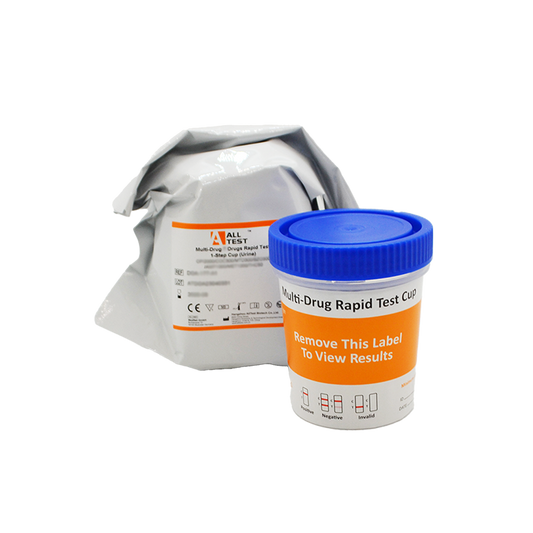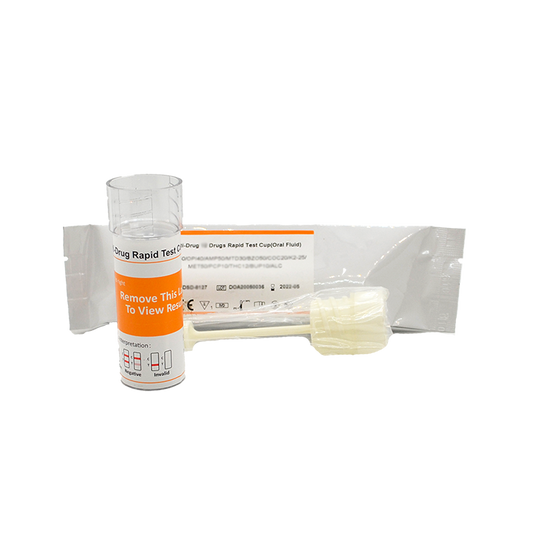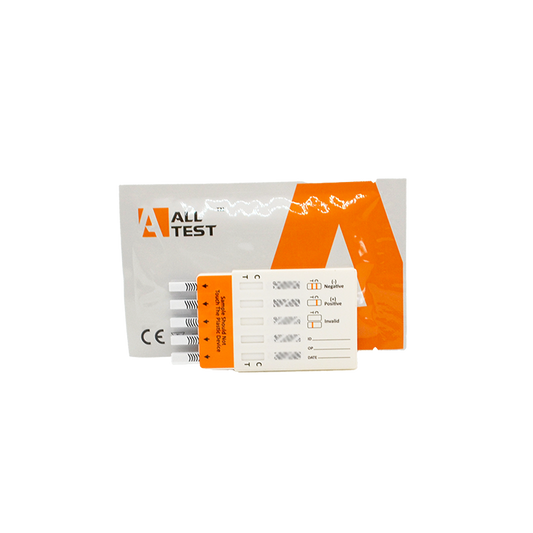The UK, like many countries, faces challenges with the illegal drug trade. While much of the focus is often on substances imported from abroad, there are certain illegal drugs primarily manufactured within the country. This blog delves into these drugs, exploring their production, distribution, and impact on society.
1. Synthetic Cannabinoids
Synthetic cannabinoids, often misleadingly called "legal highs" before their ban, have become a significant concern in the UK. Known on the streets as "Spice" or "K2," these drugs mimic the effects of cannabis but can be much more potent and dangerous. Manufactured in clandestine labs across the country, these substances are sprayed onto plant material and then sold as a legal alternative to cannabis. The side effects can be severe, including psychosis, heart palpitations, and even death.
Impact: Synthetic cannabinoids are especially problematic among the homeless population and prison inmates, where their cheap price and potent effects create a cycle of addiction and health issues. Emergency services often report incidents involving users experiencing extreme agitation, aggression, and psychotic episodes.
2. MDMA (Ecstasy)
The UK has a notorious history with MDMA, commonly known as ecstasy. While much of the MDMA consumed in the UK is imported, there are also domestic production labs. These labs are usually small-scale operations hidden in residential areas or industrial estates. MDMA is synthesized from precursor chemicals, which are often sourced through illegal means or diverted from legitimate uses.
Impact: MDMA is popular in the nightlife scene, particularly in clubs, festivals, and parties. While many users seek its euphoric and empathogenic effects, the drug can cause serious health issues, including dehydration, hyperthermia, and heart problems. Additionally, the inconsistency in purity and the presence of harmful adulterants pose significant risks.
3. Methamphetamine (Crystal Meth)
Although not as prevalent in the UK as in some other countries, methamphetamine production does exist. Meth labs are usually found in rural or semi-rural areas to avoid detection due to the strong chemical odors and potential for explosions associated with its production. The production process is hazardous, involving toxic chemicals that pose risks not only to the producers but also to the environment.
Impact: Methamphetamine use is less widespread in the UK compared to the US, but it is increasing. The drug is highly addictive and can lead to severe physical and mental health issues, including dental problems ("meth mouth"), skin sores, and intense psychological disturbances such as paranoia and hallucinations.
4. Amphetamine (Speed)
Amphetamine, commonly referred to as "speed," is another drug that sees significant domestic production. Small, hidden labs manufacture amphetamine, often in forms that can be snorted, ingested, or injected. The ease of acquiring precursor chemicals makes it an attractive option for small-time manufacturers.
Impact: Users of amphetamines seek increased energy and focus, making it popular among students and workers facing high demands. However, chronic use can lead to serious health problems, including cardiovascular issues, mental health disorders, and dependency.
5. Methcathinone (Mephedrone)
Mephedrone, sometimes known as "meow meow" or "M-CAT," gained popularity in the UK in the late 2000s. Initially marketed as a "legal high," it became illegal in 2010. Despite this, production continues in underground labs. Mephedrone is a stimulant with effects similar to MDMA and cocaine, making it attractive to users seeking an intense high.
Impact: The drug is particularly popular among young people and party-goers. However, it has significant health risks, including heart problems, seizures, and mental health issues. The unpredictability of its purity and composition adds to the dangers.




